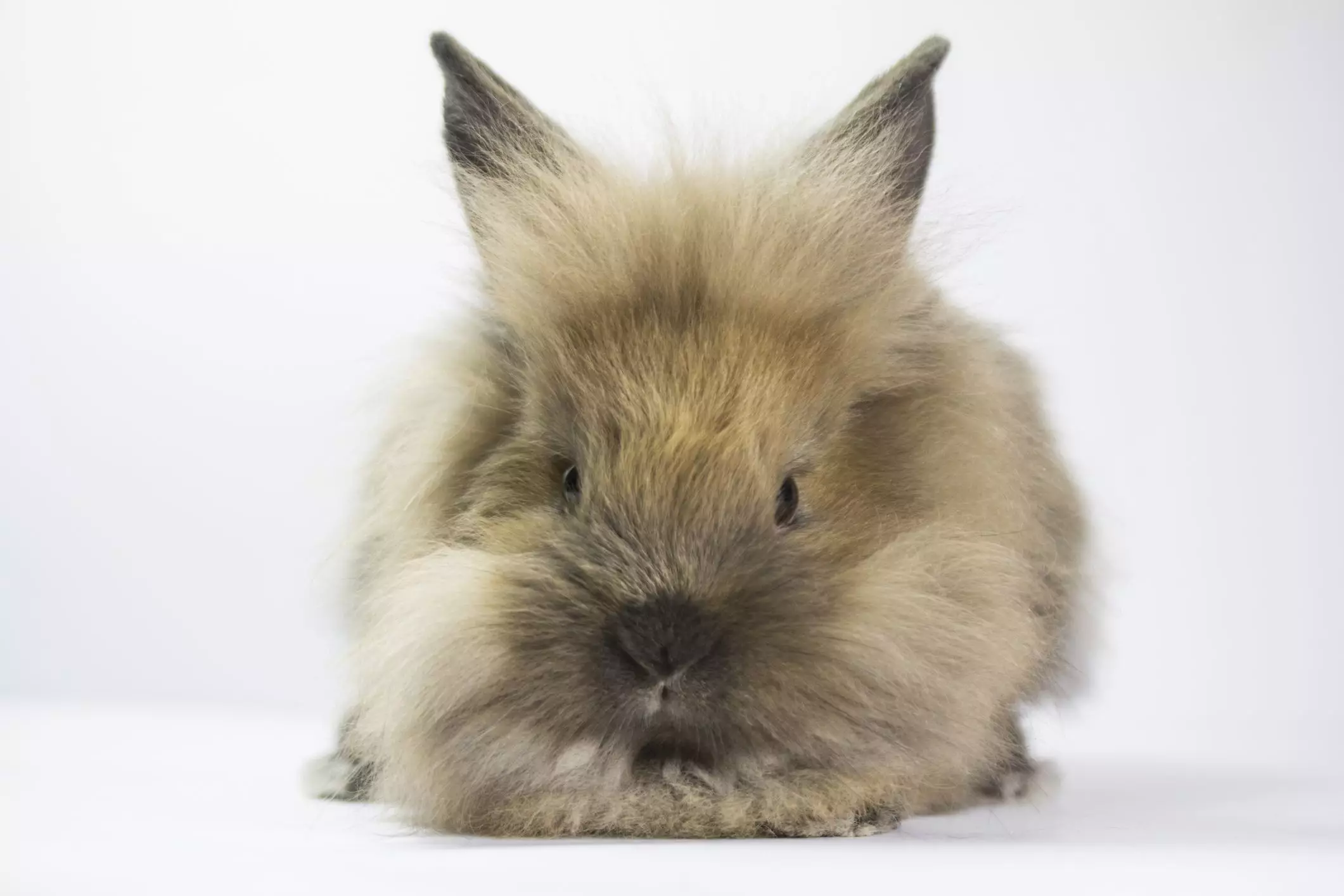Obesity is an increasing concern for various pet species, including rabbits. Like in dogs, cats, and even birds, being overweight can severely impact the health and well-being of rabbits. This article aims to delve into the causes, risks, and preventive measures concerning obesity, highlighting the best practices to ensure our furry friends live healthy and fulfilling lives.
One of the primary reasons rabbits become obese is overconsumption of calories, especially while being confined to small cages for most of their lives. Unlike their wild counterparts, who may run several miles daily, many pet rabbits experience limited movement due to their domestic setup. The lack of sufficient exercise means these bunnies burn fewer calories, thus contributing to weight gain. It is essential for pet owners to comprehend that obesity doesn’t simply stem from overeating alone; it is a manifestation of an inactive lifestyle compounded by dietary indiscretions.
Moreover, the allure of sugary treats can lead owners to make poor dietary choices for their bunnies. Pet food marketing often tricks owners into thinking that visually appealing treats are beneficial when, in reality, rabbits do not experience food in the same way humans do. Simply put, a rabbit doesn’t care how adorable its food is; what matters is that it is healthy and suitable for their nutritional needs.
The excessive confinement of rabbits poses one of the most significant threats to their health. Rabbits are naturally active creatures designed to jump, run, and explore. Unfortunately, many pet owners opt for small cages, limiting their pets’ natural behaviors. The sedentary lifestyle that arises from this containment leads to boredom, which can create a vicious cycle. Bored rabbits eat for entertainment, leading to an increase in weight while still staying immobile.
To break this cycle, owners must ensure that rabbits have ample space to move around. Ideally, a bunny should have access to a rabbit-proofed area that encourages exploration and physical activity. If a rabbit must be caged, it’s essential to allocate time daily for exercise and playtime outside the cage. Regular exercise not only promotes physical health but also contributes to mental well-being.
An effective method for monitoring a rabbit’s weight is by using a Body Condition Score (BCS). This scoring system helps owners determine if their rabbit falls within a healthy weight range based on physical attributes. Generally, the BCS is rated from one to five, with three representing an ideal condition. A rabbit that requires more than a gentle touch to feel its ribs likely falls into an overweight category.
To ensure accurate assessment, it can be helpful to compare the feel of a rabbit’s ribs to one’s closed fist. If the ribs feel prominent like knuckles, the rabbit is underweight; if they require significant pressure to be felt, then it’s a sign of excess weight. Consulting with a veterinarian can also aid in accurately assessing weight and determining a tailored plan if a bunny is obese.
Obesity in rabbits is linked to multiple health issues that can drastically affect a rabbit’s quality of life. For instance, sedentary rabbits are at higher risk for myiasis, commonly known as maggot infestation, which can arise due to poor grooming. An overweight rabbit often finds it challenging to clean its body properly, creating unsanitary conditions conducive to fly infestations.
Additionally, overweight rabbits are prone to pododermatitis, commonly referred to as “bumblefoot,” which occurs from excess pressure on their feet. This painful condition complicates mobility and can lead to severe infections. Gastrointestinal stasis, or ileus, is another critical issue linked to obesity, where a rabbit’s digestive system slows or stops entirely. A rabbit suffering from this condition may become lethargic and cease eating, leading to life-threatening complications.
Preventing obesity in rabbits is more straightforward when appropriate dietary and lifestyle strategies are implemented. A balanced diet rich in grass hay is paramount, followed by a careful selection of pellets and limited treats. Pet owners should reserve healthy snacks like fruits and vegetables sparingly, ensuring sugary and high-fat options are eliminated from their rabbits’ diets.
In terms of physical activity, allowing pet rabbits to roam freely in safe, enclosed spaces is vital. If complete freedom isn’t feasible, several hours of supervised exercise daily can suffice. Using playpens or harnesses can also help keep rabbits safe while allowing them to explore.
Pet owners must acknowledge the importance of maintaining their rabbits’ health through proper diet and sufficient exercise. By understanding the causes and risks associated with obesity and implementing effective preventive measures, rabbits can thrive and enjoy a happy, healthy life.

